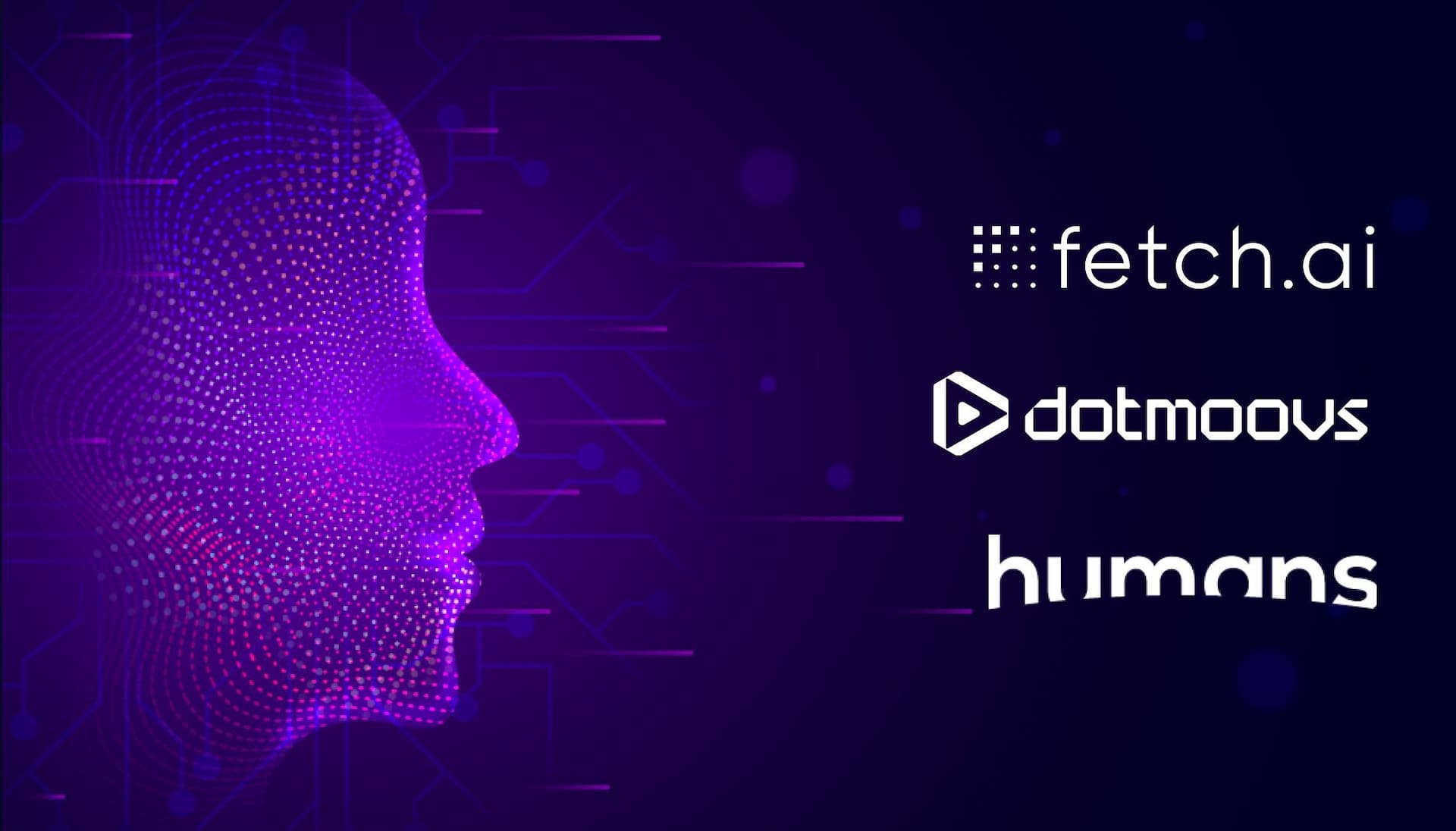
Artificial intelligence (AI) and cryptocurrency/blockchain are two of the most exciting technological advancements. Just as the latter, the former is transforming how we live and work, and revolutionizing several industries, such as finance, education, art, gaming, regulation, and more. PwC’s latest Global Artificial Intelligence Study stated that AI alone is a tool to transform the global economy's productivity and GDP potential – projecting the global economy to reach $15.7 trillion by 2030 from AI. AI provides humans with a more efficient and informative way to make decisions by covering labor productivity improvements, product enhancements, and automated technologies as just several solutions. Similarly, the merge between Blockchain and AI, known widely as the Blockchain AI industry, is expected to grow considerably in the following years, especially given the hyperspeed at which both industries are emerging and disrupting the mainstream.
A growing demand for projects that tackle smart contract optimization, payment systems, data security, logistics management, and process optimization is seen within the Blockchain AI space. Three projects at the forefront of the intersection between the two and tackling the issues named above are Fetch.ai, Humans.ai, and dotmoovs.
Fetch.ai - Infrastructure for smart, autonomous services
Founded in 2017, Fetch.ai is one of the leading pioneers in the Blockchain AI space. Looking to solve multiple issues within the crypto space, Fetch.ai develops AI tools for crypto projects to help people complete everyday tasks. The project recently announced plans to offer AI trading tools for decentralized exchanges (DEXs) later this quarter. By doing so, Fetch.ai wants to facilitate peer-to-peer transactions between AI-powered agents so that users can execute trades based on their parameters.
With this new release, Fetch.ai is looking to tackle an ongoing topic within crypto – security. In 2023 so far, already $119 million in crypto has been stolen due to breaches, with most due to the code and design of decentralized protocols. Fetch.ai’s DEX trading tool will focus on individual agents, decreasing the risk that the DEX is exploited or that the developer promoting the DEX disappears with the user’s money.
Humans.ai - All-in-one platform for AI-based creation and blockchain governance
Another project deep in the Blockchain AI space is Humans.ai. The team wants to create a generation blockchain platform that brings together an ecosystem of AI-affiliated stakeholders. Developers can create digital assets through a suite of AI tools and make their Blockchain AI projects come to life.
Last month, the project launched the Humans Blockchain Mainnet, set to go live at the end of May 2023. With the launch, Humans.ai is looking to create a Blockchain of AIs – aiming to utilize blockchain technology to resolve some friction points around the ownership, governance, and monetization of AI. The co-founders and team are strong advocates for both industries and operate around making AI as ethical and human as possible. This is imperative, especially given the lack of regulation around AI and blockchain. Ensuring data is treated confidentially and ownership of digital assets goes to its rightful owners is at the core of Humans.ai.
dotmoovs - Sports App with AI algorithm
Finally, shifting gears into the gamification of blockchain and AI, dotmoovs is looking to create widespread adoption with its Sports App powered by AI. Looking to connect people in a healthy manner, the team wanted to create a solution where people can compete with each other all over the world with a fair assessment. By developing a proprietary AI system, the dotmoovs app can detect the movement of the human body and its various limb positions while doing specific freestyle football or dance moves during the in-game challenges.
With security and privacy at the forefront of its development process, dotmoovs is contributing to making blockchain and AI more widely available through its fun and easy-to-understand app. Moreover, the company is tackling an important issue: health and movement. The integration of NFTs and tokenization of the game is also an element that makes it more intriguing for current and future players.
What’s next?
It is essential to incorporate diverse and representative datasets into AI training processes to reduce bias in the future. While blockchain technology can help keep AI systems neutral, it cannot eliminate biases. Machine learning models can develop discriminatory tendencies based on the data they are trained on. If the training data contains pre-existing biases, the system will likely reproduce them in its outputs. However, blockchain technology can help address AI biases in unique ways. For instance, decentralized systems can track the origin of the data used to train AI systems, ensuring transparency in the information collection and aggregation process. This can help stakeholders identify potential sources of bias and take corrective measures. Projects in the Blockchain and AI industry ensure that data fed into AIs become more decentralized, rather than centralized and only belonging to one entity. Given that the sector is expected to experience immense growth, it is essential to define who the data creators are and ensure they are equally rewarded.
AI is already having a significant impact on the cryptocurrency space, just as blockchain will have a substantial effect on the future development of AI. With the two working together, we can expect to see more projects focused on trading algorithms, fraud detection, and mining optimization. As these technologies continue to evolve and mature, we can anticipate even more exciting developments in the future.



